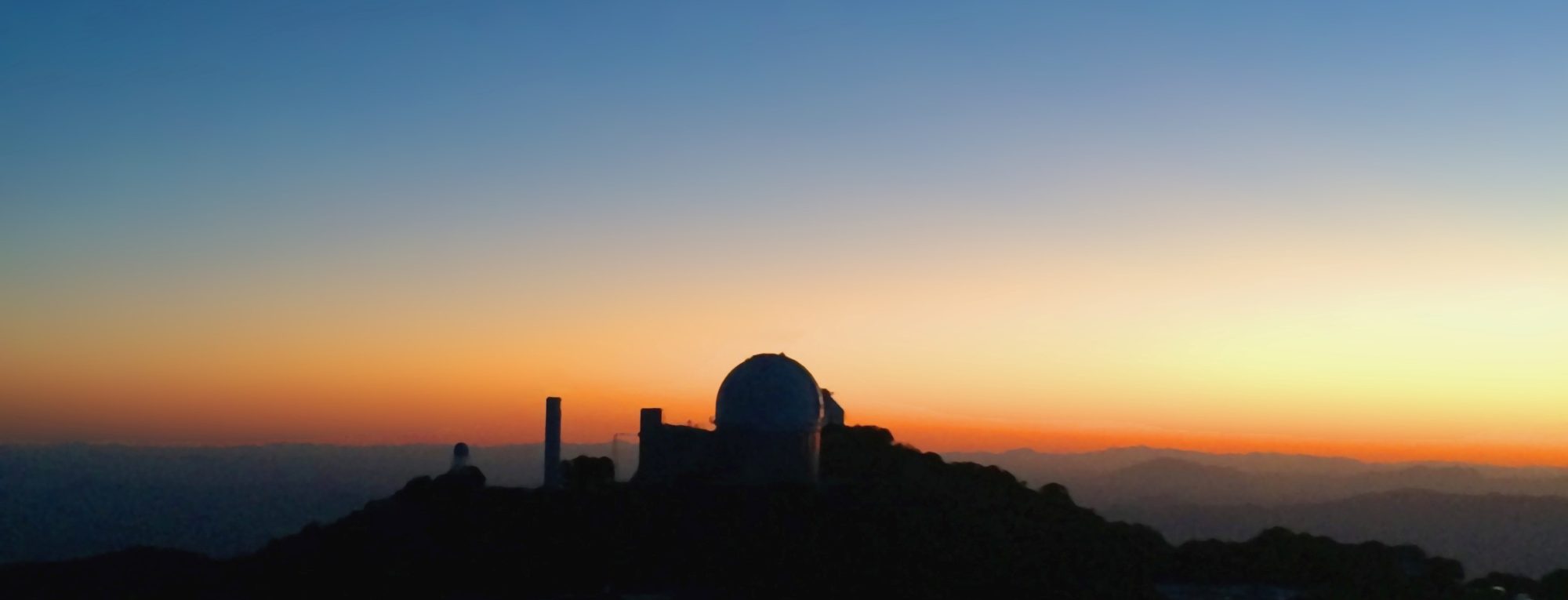Discovery Skills in Physics, Durham University
- Lab Instructor, Spring 2024
- The laboratory component of the Foundations of Physics course. I served as lab instructor for two experiments: Newton’s Rings for the concept of thin film interference and Measuring Speed of Light through the phase shift in reflected laser beam.
Past Courses
Foundations of Physics, Durham University
- Tutor, 2021, 2022
- First year undergrads majoring in Physics and Natural Sciences take this survey course that cover Mechanics all the way to Relativity. As a tutor, I met with students every week in a discussion class to go over Physics concepts through problem sets.
Freshman Research Initiative (FRI), UT Austin
- Teaching Assistant and Mentor, Spring 2019, 2020, 2021
- FRI is a two-semester course meant for new college students to delve into Astronomy research early in their careers. As a TA and mentor, I helped them get acquainted with research practices, including but not limited to coding, interpreting literature, and exploring and analyzing data.
AST 376R: A Practical Introduction to Research Methods, UT Austin
- Teaching Assistant, Fall 2019
- AST 376R introduces students to common astronomy research tools like DS9, TOPCAT, ADS, and programming in python, as well as necessary research skills like good plotting practices and writing research papers. The class culminated in students presenting their original research work using the tools and skill set they have acquired through out the semester.
AST 307: Introduction to Astronomy, UT Austin
- Teaching Assistant, Fall 2017 and 2018
- AST 307 is an introductory Astronomy class with a heavier focus on math-based problems. I conducted regular office hours and for one of the semesters, held a separate help session before exams to better prepare students.
Astronomy Structured Study Group (SSG), University of Michigan
- Instructor, Fall 2015
- The SSG is an Honors supplement to introductory 100-level Astronomy courses. Students are required to be concurrently enrolled in any of ASTRO 101, 102, 104, 115, and 142. Performance in the SSG does not affect their grade in the course nor does it grant extra credits. Successfully completing the SSG will provide students with an ‘H’ (Honors) notation on their course grade.
Feedback from SSG students:
“They were awesome and made it a great semester. But seriously, I think the excitement and fun that they brought to the class really made SSG my favorite academic event of the week. Content and structure were great, but it really boils down to how much energy and interest the SSG leaders bring to the class.”
“I don’t really have any big ways to improve it. I think SSG was my favorite class this semester, and I really appreciate Dreia and Adham for leading it, they were really excellent – funny, knowledgable, and they made the content accessible and fun.”
